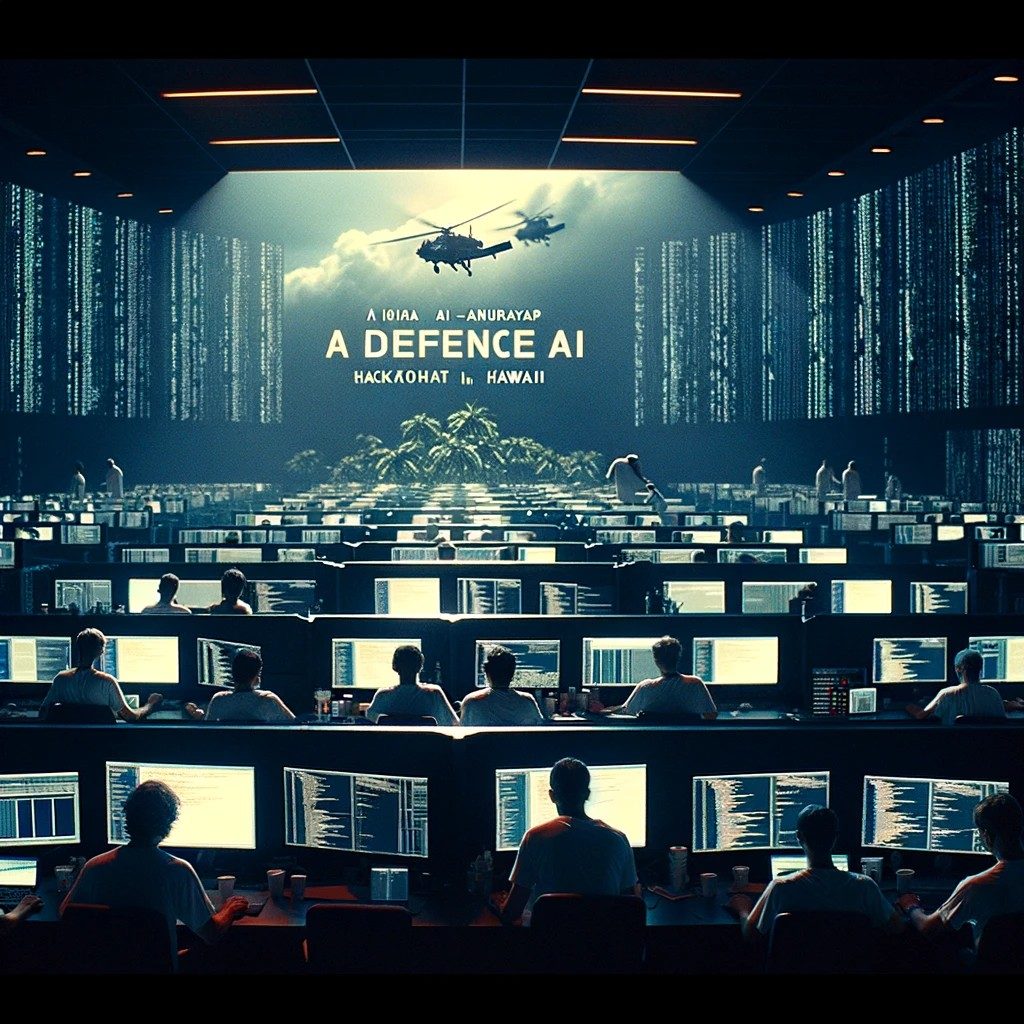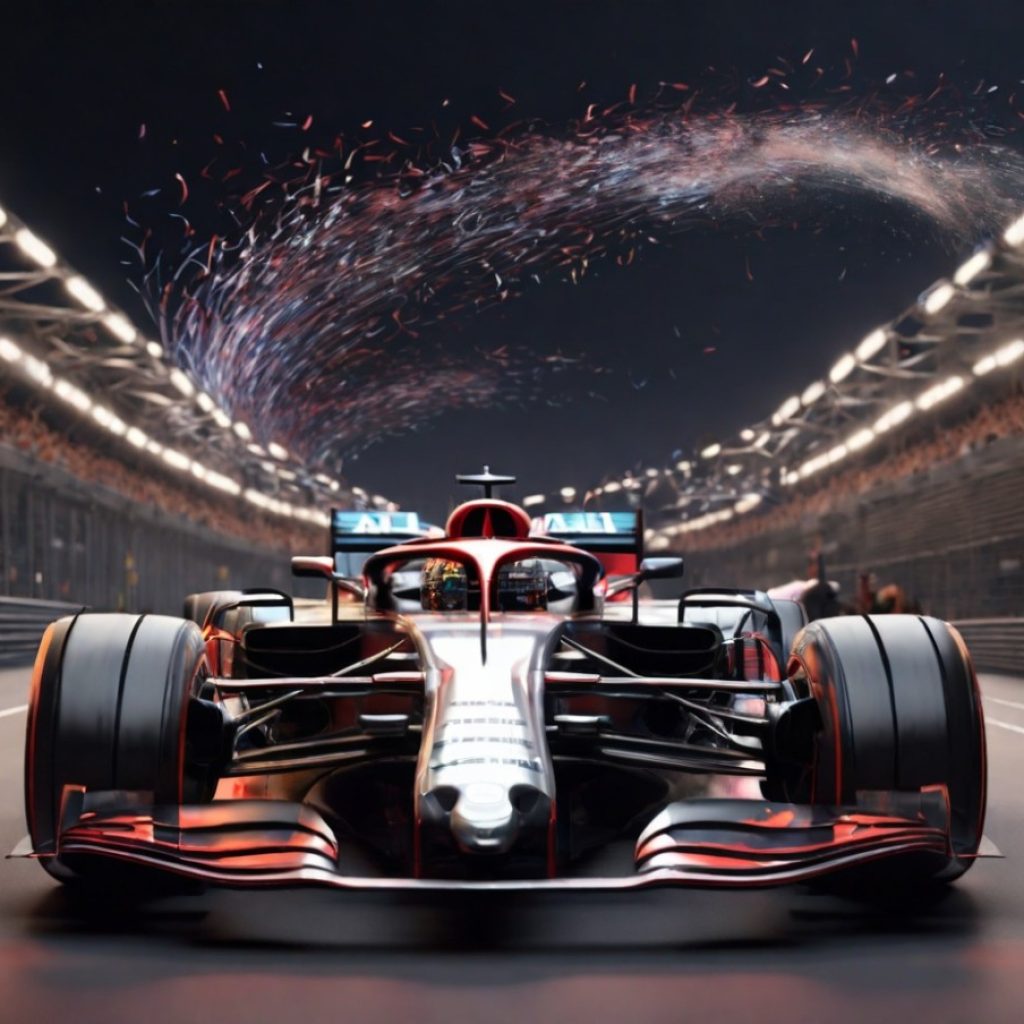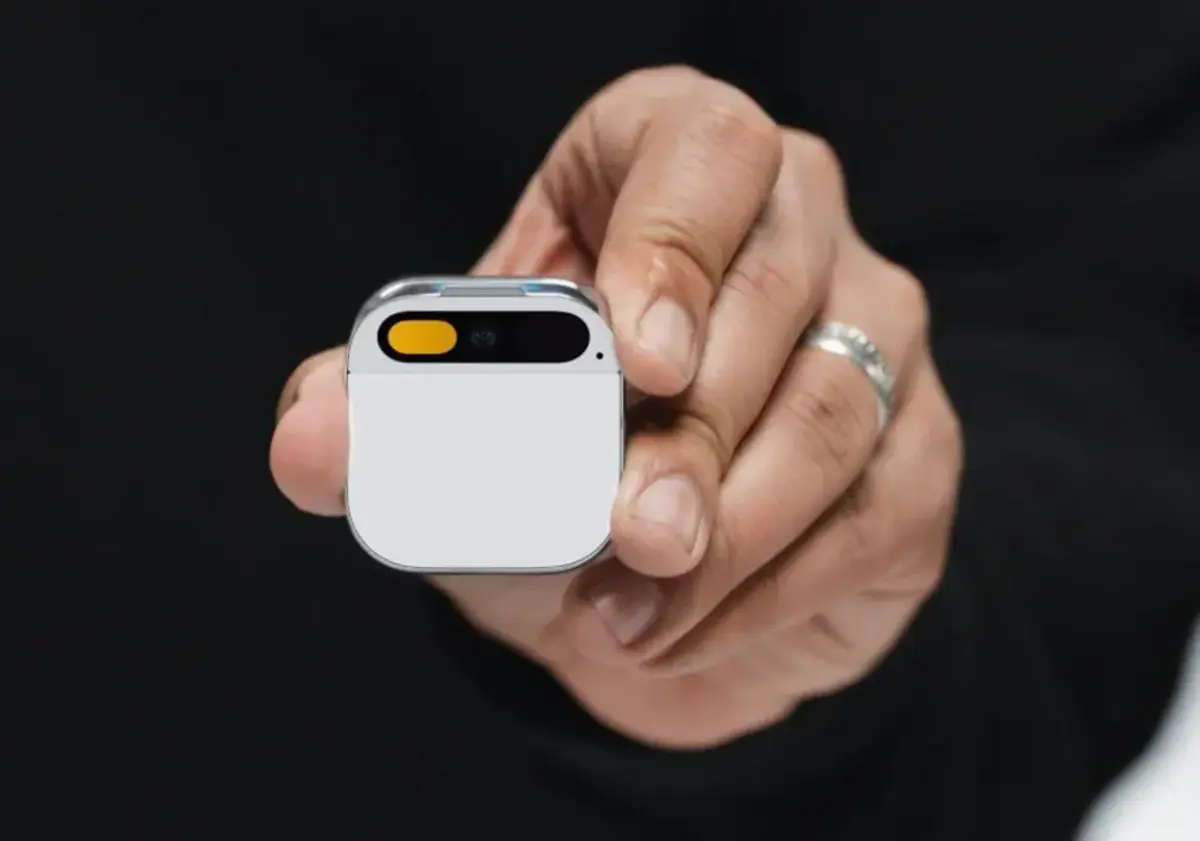The much-anticipated Advertising Week has made a triumphant return, and the excitement is palpable as marketers and industry professionals gather in person for the first time since the pandemic. However, the event hasn’t been without its logistical challenges. Attendees faced long queues at the new venue near Penn Station, waiting for badge pick-up, and occasionally grumbling about restricted access to activations and delayed panel discussions. This year, Advertising Week is primarily hosted at the Manhattan Mall at 34th Street, offering both convenience and challenges for attendees seeking refreshments and networking opportunities.
Influencers and AI take center stage
One recurring theme dominating this year’s Advertising Week is the intersection of influencers and artificial intelligence (AI). Recent developments, such as Meta paying influencers for their likeness to create AI personas and influencers like Mr. Beast raising concerns about AI deepfake ads, have thrust these topics into the spotlight. Sophie Cohen, a lifestyle influencer with 60,000 followers, attended the event on behalf of TikTok, emphasizing that users come to platforms like TikTok for creators and influencers, not the AI marketplace.
While AI has made significant strides in content generation, including writing, art, and music, many creators argue that a unique gap remains that only human creators can fill. Concerns about AI’s impact on various industries, including music, have also been voiced. Grace Hayes, a singer and influencer with 227,000 followers on TikTok, expressed her reservations, stating, “I’m against AI because it is harmful to the music industry. Brands need to pay close attention to their investment choices because the rise of AI is a looming issue among different businesses.”
Preserving the human connection
Despite the growing interest in AI, influencers and industry executives recognize the unparalleled connection between fans and human creators. Maintaining this connection and the true identity of a creator will become increasingly important as AI adoption continues to expand. Lin Dai, CEO of the Web3 data platform OneOf, stressed the importance of strategic partnerships between creators and brands, emphasizing that consumers are more likely to engage with partnerships that align with a creator’s personal interests and ethos.
Dai noted, “Consumers are more likely to buy into a creator brand partnership when it feels real and tells a story synonymous with the creator’s ethos. When a partnership feels random or disconnected from a creator’s personal interests, consumers will tune out. It’s important for creators and brands to be strategic when it comes to partnerships in order to amplify brand loyalty and drive revenue.”
The swag scene gets a boost
Compared to the uneventful swag offerings of the previous year, this year’s Advertising Week brought a diverse range of goodies for attendees. Brands like DirecTV, Feevee, Shutterstock, TikTok, and even Netflix stepped up their swag game. This assortment of swag items, from hats and bags to pins, books, delectable treats, and discount coupons, reflects a potential sign that the economy may be on the mend.
Netflix, in particular, made a splash in the swag scene, offering complimentary items like Funko Pops, socks, t-shirts, and more. However, there was a twist: attendees had to test their skills at a crane machine to claim these coveted goodies.
As Advertising Week makes its return to the industry stage, the challenges and opportunities facing marketers, influencers, and brands are in the spotlight. AI’s growing presence raises questions about its impact on creative industries, but influencers emphasize the enduring value of the human connection between creators and their audiences. Meanwhile, attendees are enjoying an array of swag items, signaling a potentially brighter economic outlook. Despite the logistical hurdles, Advertising Week continues to be a vibrant hub for networking, learning, and exploring the evolving landscape of marketing and advertising.





